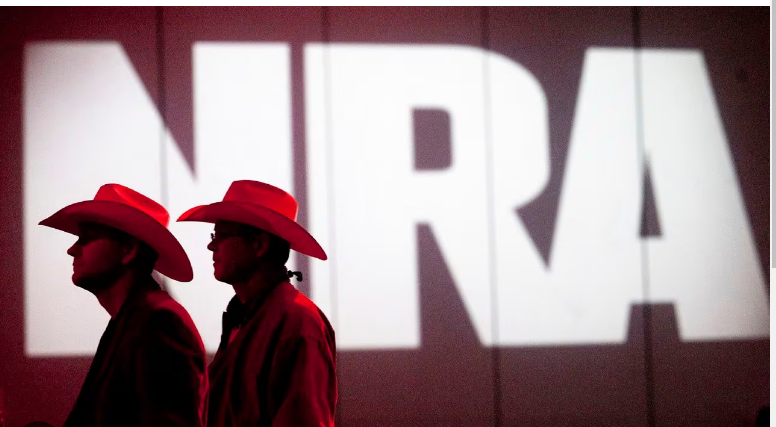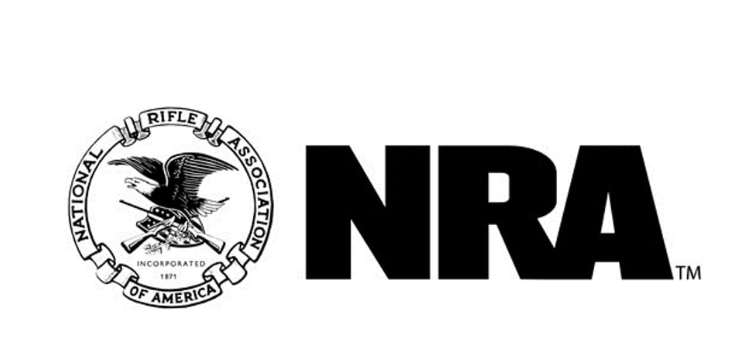The National Rifle Association (NRA) finds itself in a legal quagmire as it faces a civil trial in New York, with its role as both a defendant and a victim coming under intense scrutiny. The trial, which began with opening statements on Tuesday, revolves around allegations of financial mismanagement and extravagant spending by former executives, including its longtime head Wayne LaPierre.
The Beginning of Legal Challenges
The controversy began when the New York Attorney General, Letitia James, filed a lawsuit against the NRA and its top executives in 2020. The suit accused them of misusing millions of dollars of the nonprofit charity’s funds for personal expenses, thus betraying the trust of its 5 million members. This lawsuit is set against the backdrop of broader debates on gun rights and financial accountability within prominent organizations.

NRA’s Position: Victim and Defendant
In a striking admission, NRA lawyer Sarah Rogers acknowledged in court that former executives and vendors might have exploited the organization with lavish expenditures and self-dealing. However, Rogers questioned why the NRA is being prosecuted when it is also a victim, potentially eligible for millions in restitution.
Wayne LaPierre, who announced his resignation effective January 31, was defended by his lawyer, P. Kent Correll. Correll portrayed LaPierre’s expenses, including over $11 million on private jet flights, as essential to his role in promoting the NRA’s agenda. Despite the allegations of misuse of funds for personal trips and gifts, LaPierre’s defense insists on his innocence and dedication to the NRA’s mission.
Legal Complexities and Accusations
One unique aspect of the trial is that while the NRA is a defendant, the Attorney General seeks penalties that include restitution to the organization from LaPierre and his associates. This arrangement underscores the complex nature of the case, blurring the lines between victimhood and culpability.
The trial also highlights significant accusations against LaPierre, including the unauthorized use of NRA funds for personal luxury trips and the use of a yacht provided by a vendor. His defense contends that these expenses were necessary for security reasons and aligned with the NRA’s operational norms.
Internal Whistleblowers and Legal Outcomes
The trial has seen former NRA executives turn whistleblowers, with Joshua Powell reaching a settlement with the Attorney General’s office. He is expected to testify, along with other prominent figures like Lt. Col. Oliver North, a former NRA president who opposed LaPierre’s leadership.
Implications for the NRA and Nonprofit Governance
The lawsuit’s outcome could have far-reaching consequences for the NRA and its future operations. Beyond seeking restitution, the Attorney General has requested the appointment of an independent monitor to oversee the NRA’s finances and a ban on LaPierre and his associates from holding leadership positions in any New York-based charities. This would effectively remove them from any involvement with the NRA.
Read More:
- New York Couple’s Fertility Clinic Ordeal Ends in Settlement Over Embryo Mix-up
- Rising Alarm in California’s East Bay and Surrounding Areas as Toxic Fungi Proliferate
- Disabled Mother’s Legal Victory: A Fight Against Discrimination and for Parental Rights
The NRA’s trial in New York is not just a legal battle; it represents a critical juncture in the organization’s history. It raises important questions about accountability and governance within large nonprofits, especially those embroiled in national policy debates. As the trial progresses, it will likely continue to attract national attention, offering insights into the NRA’s internal workings and the legal frameworks governing nonprofit organizations. The case’s resolution will set a precedent for how such organizations are held accountable for their leadership’s actions, with implications extending well beyond the realm of gun rights advocacy.

